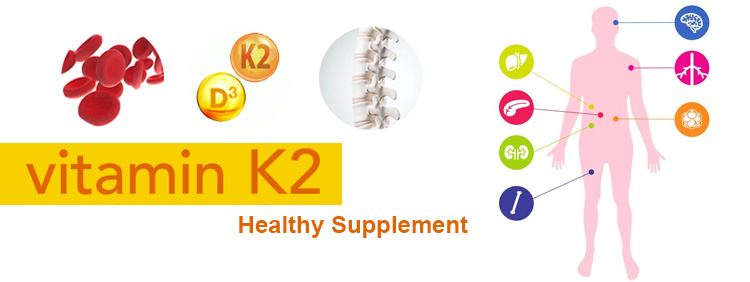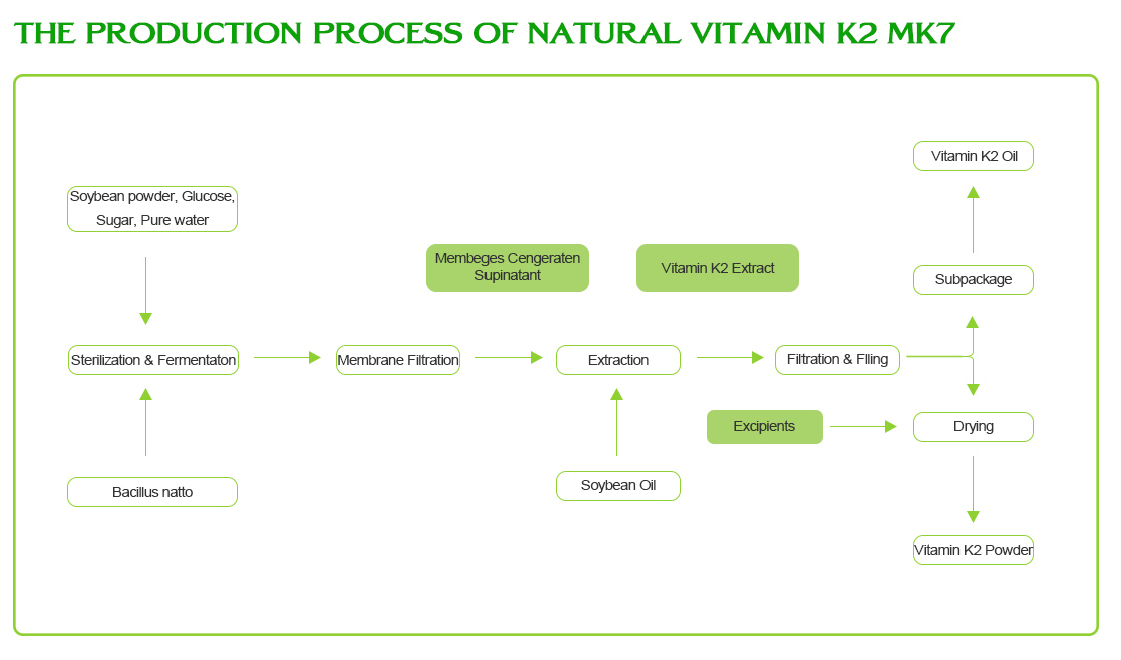Vitamin K2, also known as menaquinone, is a fat-soluble vitamin that plays a crucial role in various bodily functions. Like any nutrient, it has both pros and cons, depending on how it is consumed and individual factors. Here are some of the pros and cons of Vitamin K2:
Pros of Vitamin k2:
Bone Health: Vitamin K2 is essential for the activation of proteins that help regulate calcium in the body. This is important for maintaining strong bones and preventing osteoporosis.
Heart Health: Some studies suggest that adequate Vitamin K2 intake may reduce the risk of arterial calcification and cardiovascular disease by directing calcium away from arteries and into bones.

Cancer Prevention: There is emerging research indicating that Vitamin K2 may have a role in preventing certain types of cancer, although more research is needed in this area.
Blood Clotting: Like Vitamin K1, Vitamin K2 is involved in blood clotting. However, unlike K1, K2 is less likely to interact with medications like blood thinners, making it a safer option for some people.
Gut Health: Vitamin K2 can be synthesized by certain gut bacteria, contributing to overall gut health and microbial balance.
Cons of Vitamin k2:
Rare Deficiency: Vitamin K2 deficiency is relatively rare, especially in healthy individuals. Most people can get sufficient Vitamin K2 from their diet, especially if they consume foods rich in the vitamin.
Dosing Concerns: High-dose Vitamin K2 supplements may not be appropriate for everyone, especially if you’re taking anticoagulant medications like warfarin. They can interfere with the medication’s effectiveness. It’s essential to consult a healthcare professional before taking high-dose supplements.

Limited Research: While there is growing interest in Vitamin K2’s potential health benefits, much of the research is still in its early stages, and more studies are needed to establish its efficacy for various health conditions.
Interaction with Medications: Vitamin K2 supplements can interact with certain medications, including blood thinners, which could potentially lead to complications if not monitored.
Cost: High-quality Vitamin K2 supplements can be relatively expensive compared to other vitamins and minerals.
In summary, Vitamin K2 offers several potential health benefits, particularly in maintaining bone and heart health. However, it’s important to obtain Vitamin K2 through a balanced diet or low-dose supplements unless directed otherwise by a healthcare professional, especially if you are on specific medications. Always consult with a healthcare provider before making significant changes to your diet or supplementation.
